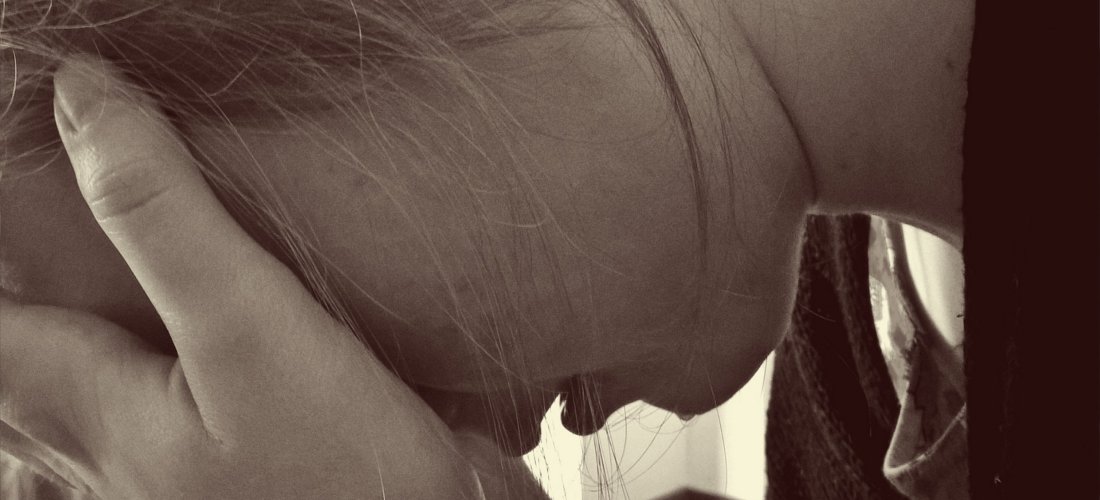Teen Grief

When to Help a Friend...

Everything is Not Okay...

Others Feel the Same...

What is "Normal"...

What to do when it hurts too much.
If you have made it to this page, you likely are a teen grieving a loss or a teen that wants to help a friend through a loss. Each person experiences loss differently. The stages of grief are roughly denial, anger, bargaining, depression and then acceptance.
Denial looks like trying to stuff an elephant in the closet. You know the elephant is there, but you just cannot force yourself to admit it. It’s an elephant, of course, so it’s hard to hide. Even though you may not be able to believe that your friend or loved one is gone or if you still cannot believe your parents are divorced, trying to forget about the reality will only make the healing process move more slowly. It may also make you ultimately feel worse both mentally and physically.
Anger can be a strong component of the grieving process. You may feel anger toward the person you lost. You may feel anger toward the nurses, doctors or hospital. If you are experiencing a different kind of loss like a divorce, it may become very easy to blame one parent as the entire cause of the situation. Depending on the circumstances, there may be many people you feel deserve some of your anger. The important part of being angry is to acknowledge your feelings. You may need to discuss your anger with someone who is not involved in the situation or may need to talk through your feelings with the person with whom you are experiencing anger. It is important to know that those around you may also feel anger.
Bargaining comes in many forms. Sometimes bargaining can be “Hey, I think I’ll eat another one of those donuts. That will definitely make me feel better.” Bargaining can also be “I think I’ll try to convince mom to buy me a new phone. I’m sure a new phone will make me feel better.” Bargaining often comes with very short term relief from the symptoms of loss.
Depression is what most people think about when talking about loss even though all the other parts of loss may be experienced just as often. Depression is often associated with sadness, but depression has many other symptoms including:
- lack of concentration
- constant thoughts of the loss
- self-blame
- confusion and feeling disoriented, feeling in a fog
- nervousness
- irritability
- declining grades
- loss of interest in usual activities
- over-activity, acting too busy
- wanting to be alone a lot
- deep sadness
- drug and/or alcohol use or abuse
- eating too much or too little
- thinking about suicide
- psychical symptoms such as stomach upset, headaches, and fatigue
Acceptance means that you are at a place where you can recognize what has happened, process it without denying what has happened, and are at a stronger place than before. You will probably not enter this stage until you have experienced all four of the previous stages. Take your time and do not pressure yourself to accept the loss and grief if you are not ready. It is a process that can take years.
The stages of grief are not like sidewalk where you walk through one stage to the next. Think of grief more as a rollercoaster. There are ups and downs, highs and lows, and lots and lots of curves. You can move through depression only to wake up one morning very angry. You may have new feelings that you have never felt before and have no idea how to cope. All of these situations are very common for a person who is experiencing a loss in life.
Tips for dealing with loss
- A huge range of emotions is involved in the grieving process. Find safe and healthy ways to express those emotions. Physical exercise, writing in a journal, yoga, and meditation are all healthy ways to express any emotion.
- Let your friends know what you need. Some teens talk about a loss a lot, others don\'t want to.
- Try arts and crafts project like finger paints.
- Pound Play-Doh.
- Make a memory book, collage, scrap book of memories.
- Spend time with friends and family, people who care about you and who allow you to grieve in your own way and time.
- Song writing and playing or listening to music.
- Eat healthy foods and drink lots of water.
- Get enough rest and take naps.
- Find a trusted friend or adult with whom you can share your feelings. If the other person starts saying things like “It’s time to move on” or “Just get over it” or other unhelpful clichés, find another person you can be honest and open with that will be nonjudgmental.
- Try to laugh. You may feel guilty about enjoying life without your loved one, but it helps to laugh.
- Grief is a process that takes time. Be patient with yourself. There is no way to rush it!
When is it time to seek help?
- Seeking a trained therapist can happen at any point throughout your journey. If you are finding it hard to concentrate and connect with others, then it might be time to seek help. It\'s also common to feel responsible for a loss. If you feel guilty, please talk to a counselor. Guilt, regret and anger can hurt teens if left unexpressed.
Please look at our resource page to find a trained therapist near you.
